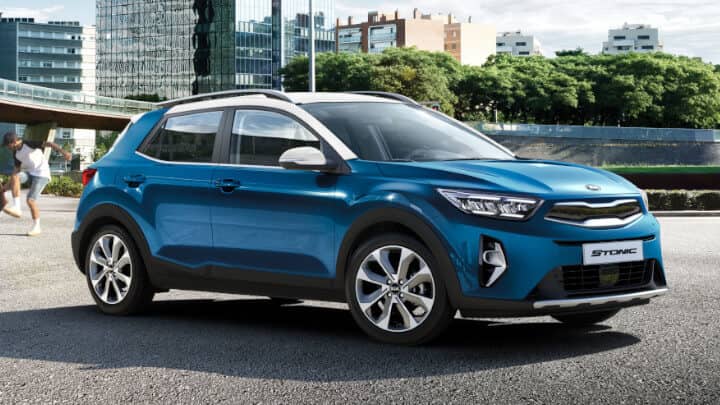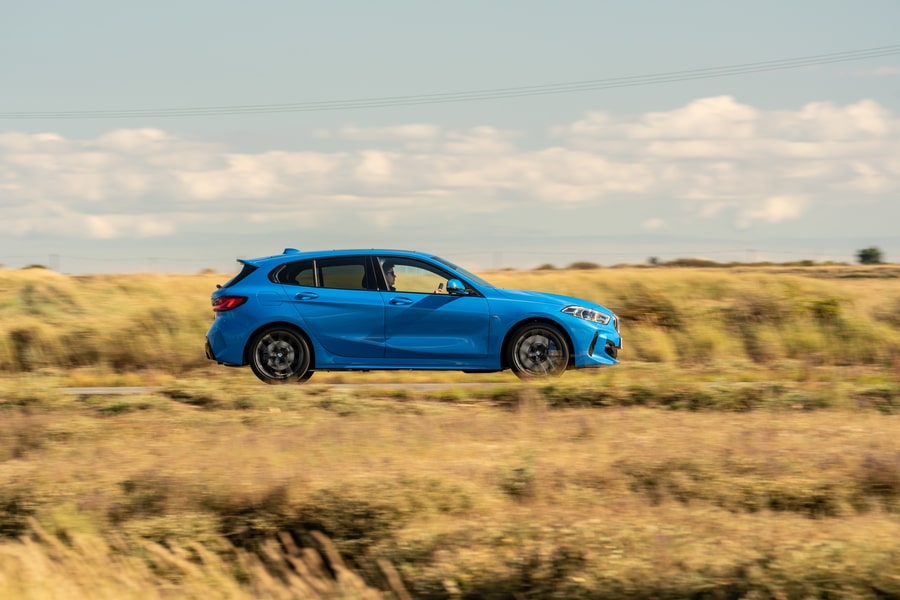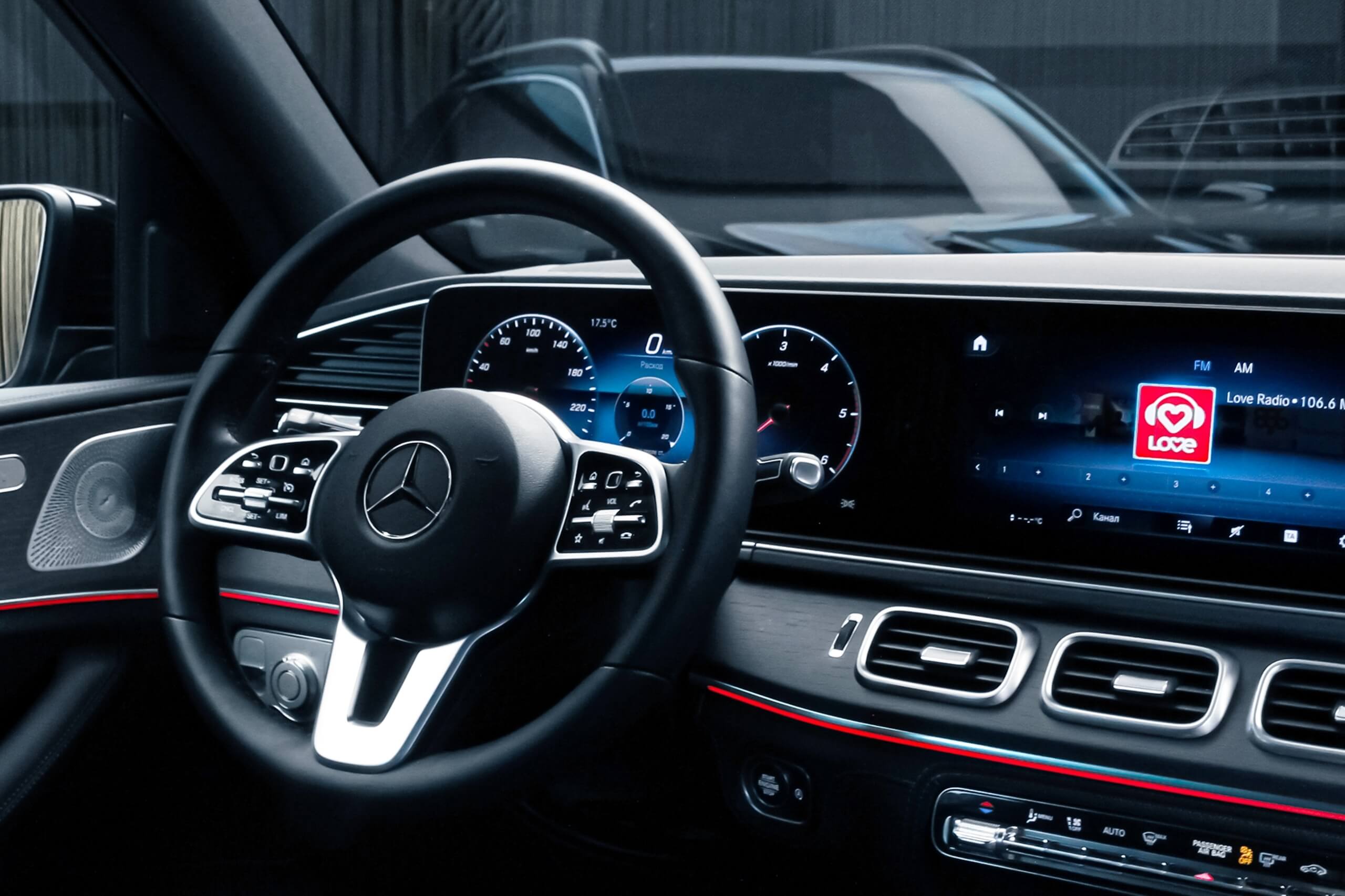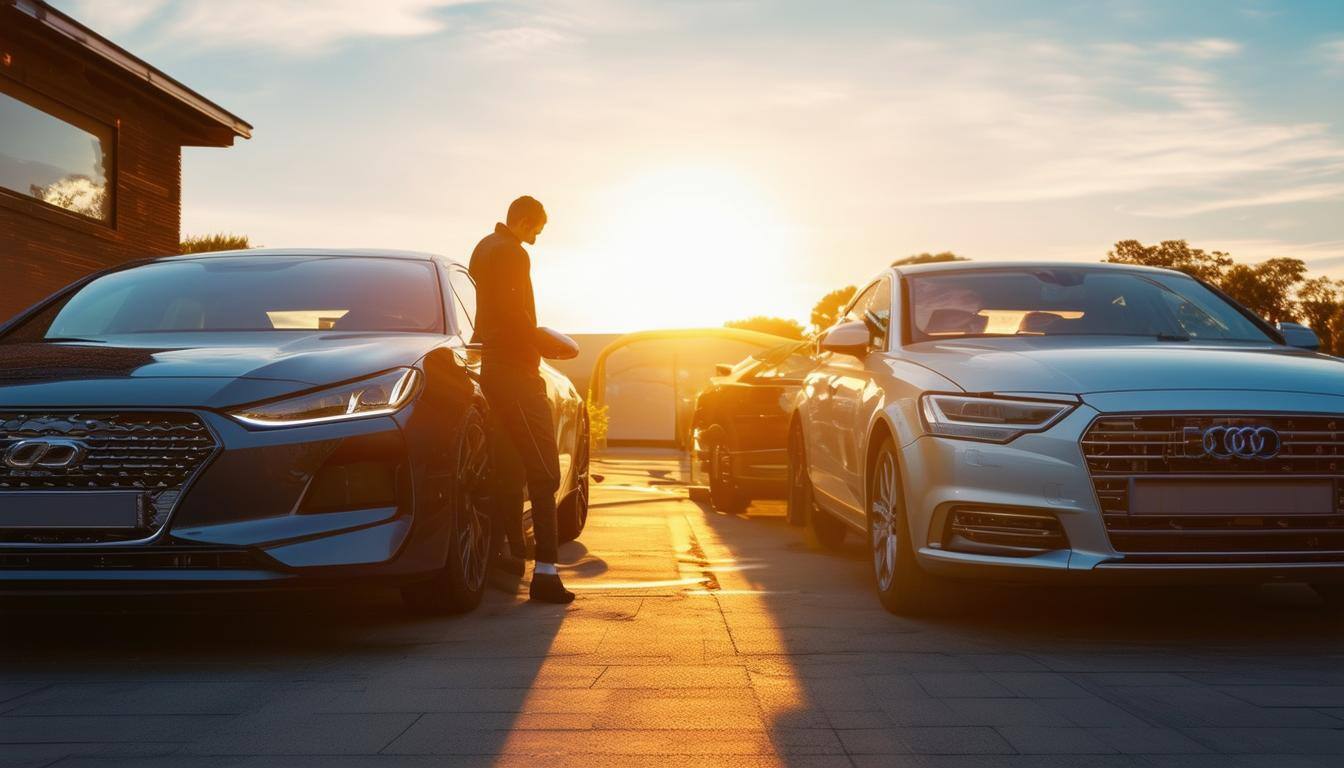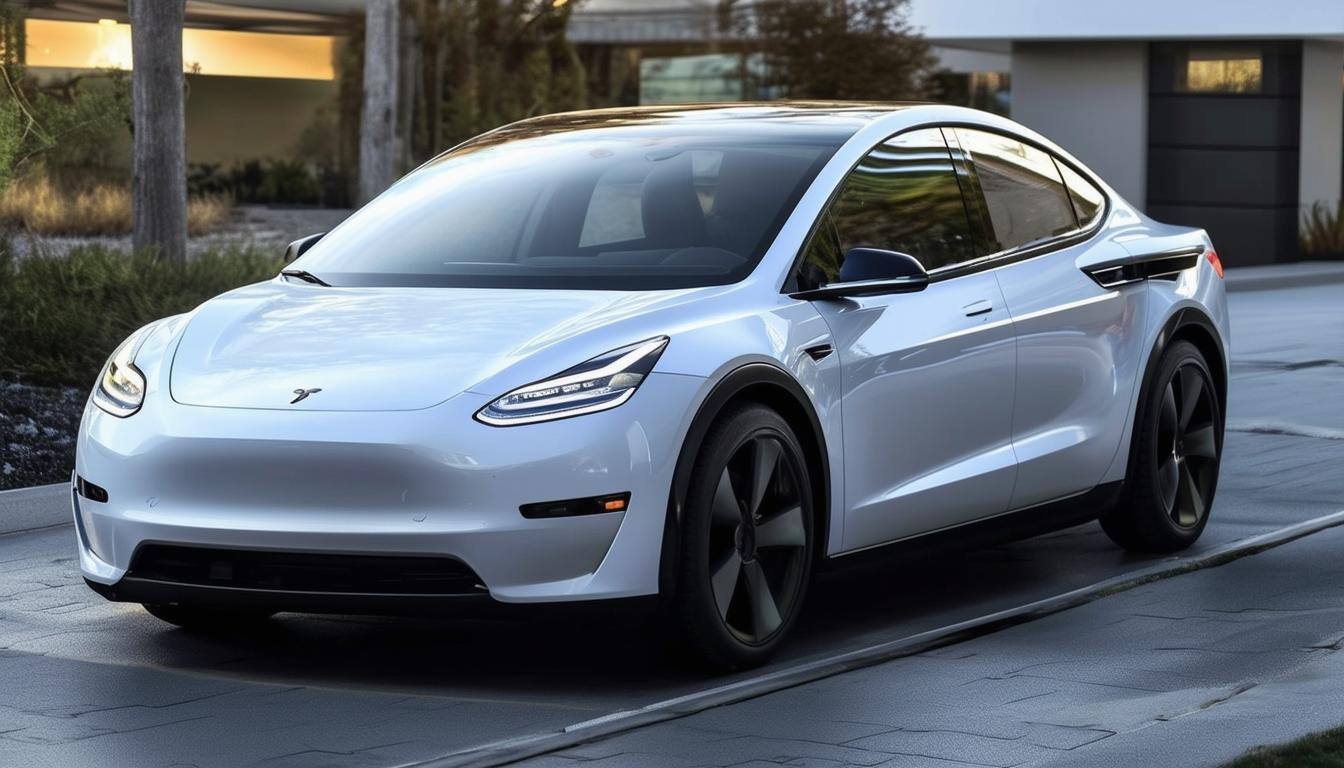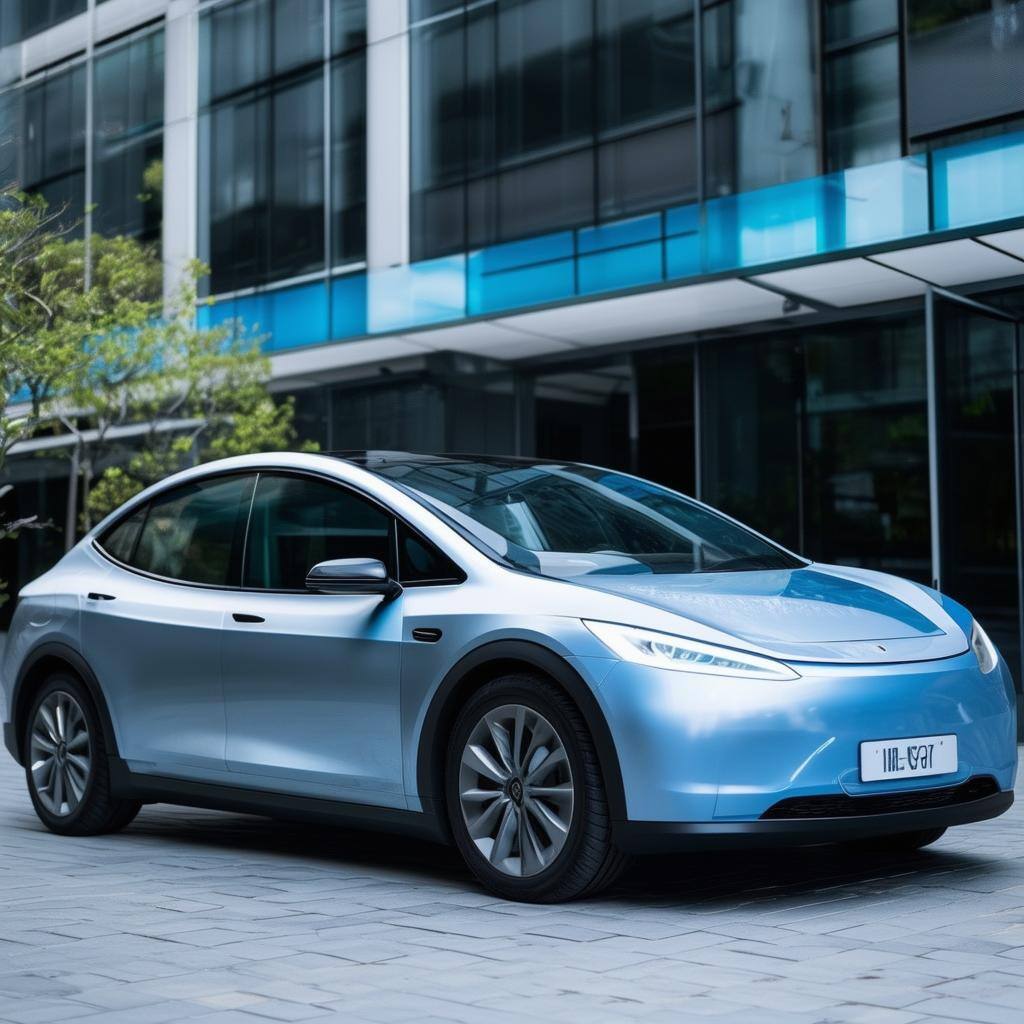In this guide, we will walk you through the process of swapping or exchanging your...

Charging Ahead: COP28 Builds Pressure on Electric Vehicle Transition
What is COP28?
The 28th annual Conference of Parties (COP28) is a crucial global gathering. It brings together nations from across the world to address pressing environmental issues and develop strategies to combat climate change. Dubai will host the 28th annual Climate Change Conference from 30th November - 12th December 2023.
COP28 serves as a platform for countries to negotiate and make commitments aimed at reducing greenhouse gas emissions, fostering sustainable development, and implementing policies to mitigate the impacts of climate change on a global scale.
The Conference of the Parties traces its origins to the Rio Earth Summit in 1992, where countries united to address global environmental challenges. This gathering led to the creation of the United Nations Framework Convention on Climate Change (UNFCCC), providing the foundation for subsequent COP meetings. Over the years, these meetings have evolved into crucial forums for international collaboration. Each COP session marks a significant milestone in the collective efforts to combat climate change, with COP28 poised to continue this legacy by fostering crucial dialogues and commitments for a sustainable future.
The UK’s Ambitious Targets
COP28 unfolds at a pivotal time for the UK, as the country recently extended the deadline for its very ambitious targets. In June 2019, the UK significantly amended the Climate Change Act of 2008, legally committing to achieving 'net zero' greenhouse gas emissions by 2050. This ambitious goal of 'net zero' means ensuring that the amount of greenhouse gasses produced doesn't exceed what can be removed from the environment. It's similar to a delicate balancing act, aiming to minimize emissions and offset any produced gasses by capturing or eliminating them. Ultimately, the aim is to prevent additional greenhouse gasses from contributing to climate change.
COP28 and Electric Vehicle (EV) Adoption
As COP28 unfolds, the spotlight intensifies on consumer adoption of Electric Vehicles. In line with the UK's ambitious 'net zero' targets, the nation aims to transition 80% of new cars and 70% of new vans to zero-emission vehicles by 2030. The ultimate goal is a complete shift to 100% zero-emission vehicles by 2035. This target was recently postponed by UK Prime Minister, Rishi Sunak, as the UK initially aimed for a full transition to 100% zero-emission vehicles by 2030.
This goal will be bolstered by a £2 billion government investment, a further £6 billion in private investment, and a target of reinforcing the infrastructure with 300,000 public charging points by 2030.
The UK’s EV Challenge
The uptake for Electric Vehicles is speeding up, just 5 years ago there were only around 59,945 people driving EVs in the UK. This has increased to 2.3 million people in 2023. However, EVs accounted for just 15.6% of all new car registrations in October 2023, far below the 2030 target of 70%.
Our research at Wagonex highlights a significant challenge for the UK: achieving the ambitious 2030 target requires over 80,000 new EV registrations monthly. Furthermore, our research has shown that 89% of UK drivers are nervous about making the switch to an Electric Vehicle, hindering the necessary transition. The top reasons for this anxiety include a lack of knowledge about EVs, existing brand loyalty and range anxiety.
Adding to these concerns, our research also shows that over a quarter of Brits are reluctant to opt for an Electric Vehicle as their next car. Surprisingly, 40% of Gen Z, often recognised as the most environmentally conscious generation, haven't even contemplated choosing an Electric Vehicle. These findings indicate a significant hesitancy among diverse demographics, highlighting the persistent barriers to wider Electric Vehicle adoption.
The Barriers to EV
Our research revealed that a lack of knowledge about EVs stood as a significant barrier to EV adoption, cited by 43% of the drivers we surveyed. Limited knowledge about Electric Vehicles was shown to be hugely discouraging to potential drivers because it creates uncertainty about how EVs work, their range, charging infrastructure, and overall performance. This lack of information made people hesitant to transition to Electric Vehicles, fearing inconvenience or unfamiliarity with the technology.
Another prominent concern highlighted was range anxiety, impacting 46% of surveyed drivers. Range anxiety refers to the worry that an Electric Vehicle's battery might deplete before reaching a destination. This fear arises from uncertainties about an EV's range on a single charge and charging infrastructure availability, leading to driver hesitancy due to perceived travel distance limitations.
Additionally, 36% of our surveyed drivers expressed concern about the time required to charge an Electric Vehicle's battery. The perceived longer charging time compared to refuelling a traditional car created hesitation about adopting an Electric Vehicle.
Brand loyalty emerged as another significant reason for driver reluctance towards Electric Vehicle adoption, cited as a barrier by 43% of our surveyed drivers. This brand allegiance created hesitancy in exploring different brands or models, even if an Electric Vehicle could offer comparable or better features.
Electric Vehicles on Subscription
Subscribing to an Electric Vehicle through Wagonex can offer a reassuring solution, alleviating various concerns associated with EV ownership. Firstly, it provides an avenue to experience an EV without committing to long-term ownership, easing worries related to upfront costs and long-term financial commitments.
Additionally, Wagonex's subscription model includes roadside assistance, road tax, maintenance, and servicing as standard. This helps to address concerns about unexpected expenses and helps to simplify the overall experience of driving an Electric Vehicle.
The flexibility to switch between different Electric Vehicles and trial models on a short-term basis can mitigate uncertainties about range, performance, and adapting to an Electric Vehicle lifestyle.
With the flexibility of a subscription, you don’t have to make a huge financial commitment to start the EV transition. Opting for an EV as a trial before making your next car purchase, or even for the next few years, can help you make the switch permanently – without any of the pressure.
Subscribing to an Electric Vehicle could also contribute to the UK's ambitious goal of making 100% of new cars zero-emission vehicles by 2035. Wagonex offers a flexible, low-commitment way to experience EVs and empowers drivers to explore sustainable transportation, accelerating the UK's path to a cleaner, greener automotive future.
Explore our Electric Vehicles available for subscription here.
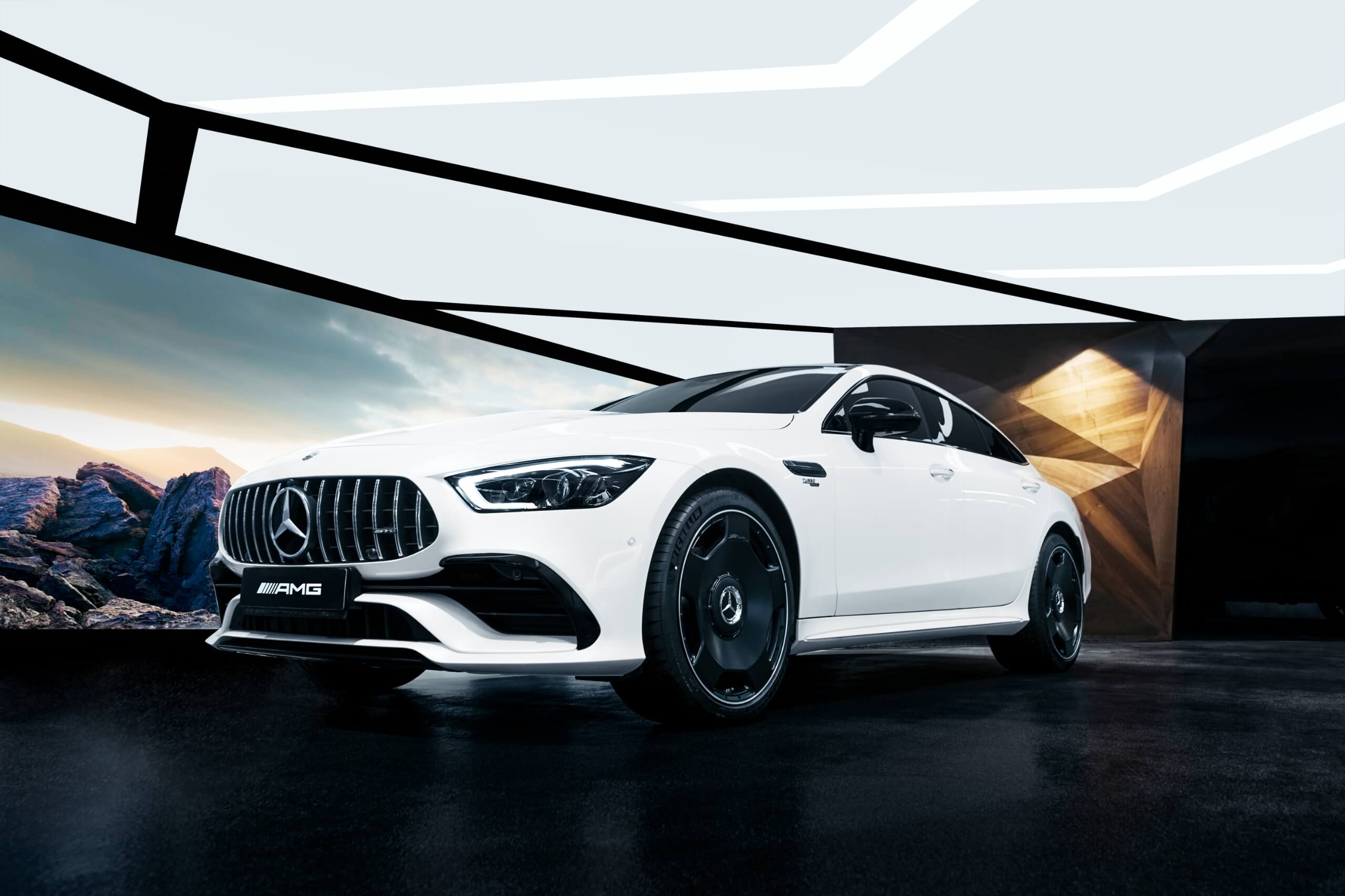
The Cost of Vehicle Ownership: Finance Versus Subscription

.png?width=552&height=107&name=Image%202%20(2).png)

